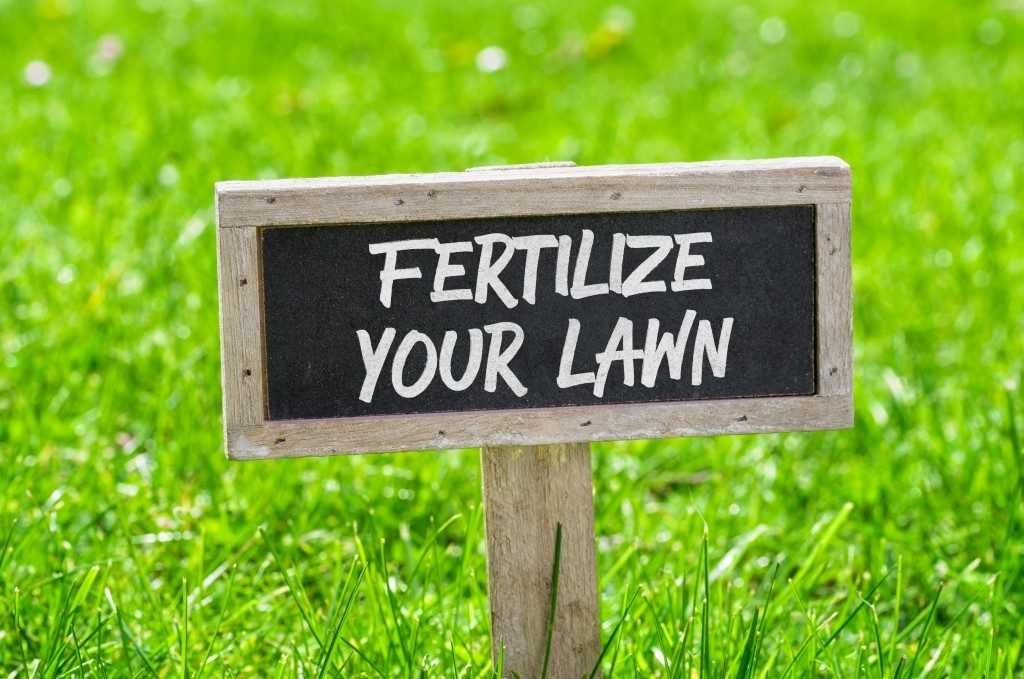 When it comes to growing a healthy lawn, fertilization is beneficial. This is especially true for natural and slow-release fertilizers, which help the grass absorb the nutrients better. This means that there is less product wasted by running off in streams and leaching into groundwater.
When it comes to growing a healthy lawn, fertilization is beneficial. This is especially true for natural and slow-release fertilizers, which help the grass absorb the nutrients better. This means that there is less product wasted by running off in streams and leaching into groundwater.
If you want to fertilize your lawn, be sure to avoid those with pesticides. Lawn fertilization experts in Salt Lake City note that apart from compromising lawn health, they are harmful to the soil, your children, and pets. Here’s what you should know about fertilizers with toxic components.
- Products with insecticides or pest control are usually quick-release fertilizers. These can damage the soil, zapping it with nitrogen.
- If you use such fertilizers, they may spread into other areas (even to spots where the disease or weeds are not present). If you want to kill weeds and insects, hand pulling is a much better option.
- Spot spraying can also be an alternative, but be sure to use a product with fewer toxins. This is safer that than spreading the chemicals all over the grass. Just be sure to identify the weed to choose the right product.
- Apart from damaging to soil, fertilizers with toxic chemicals also wash into creeks and other local bodies of water. Kids or pets may also carry the pesticides into homes and bring the toxin indoors.
- Studies suggest that the best ways to prevent weeds and diseases include proper mowing and fertilization. Irrigation, aerating, and proper watering are also important.
- The most efficient way to reduce moss is to allow more sunlight. Instead of using pesticides, prune tree branches to give your grass more sunlight.
- Chemicals are the last resort. Before using any pesticide, read the label carefully. This is to reduce the risk of chemical exposure. You also need to wear protective clothes and keep kids out of the lawn.
Don’t let toxins damage your entire lawn. Instead of using chemicals, stick with growing a healthy grass through correct mowing, watering, and fertilizing. You should also consult lawn professionals when dealing with extensive lawn problems.

